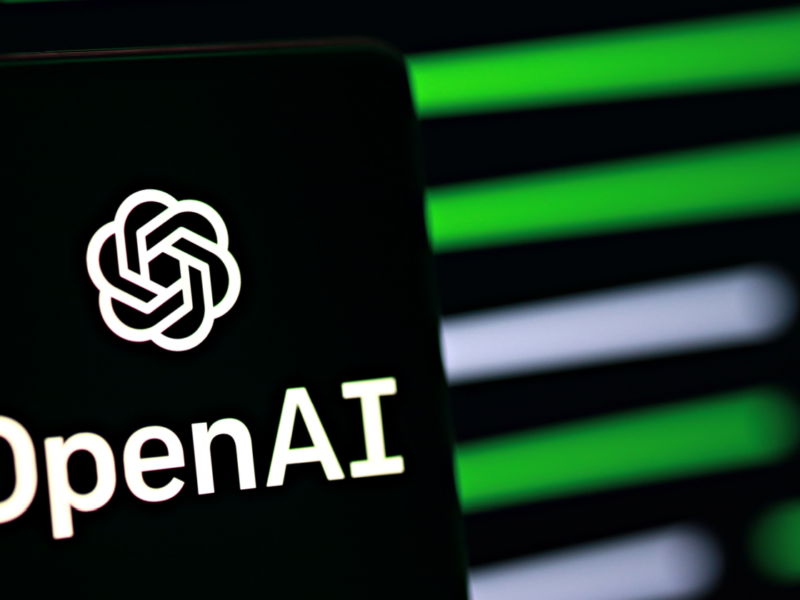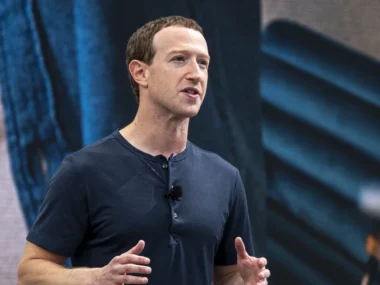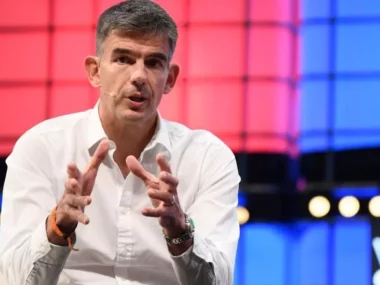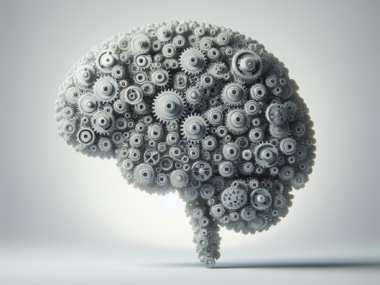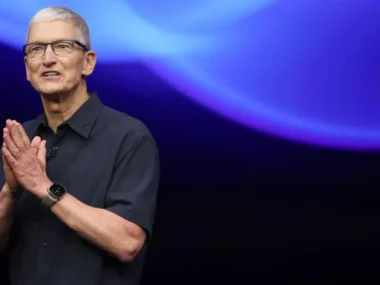In a surprising turn of events, a group of renowned U.S. authors, including Pulitzer Prize winner Michael Chabon, has filed a lawsuit against OpenAI, alleging copyright infringement and misuse of their literary works. The lawsuit, filed in federal court in San Francisco on September 11, takes aim at OpenAI’s use of their writings to train its immensely popular AI-powered chatbot, ChatGPT.
The authors, consisting of notables such as playwright David Henry Hwang, and writers Matthew Klam, Rachel Louise Snyder, and Ayelet Waldman, assert that OpenAI utilized their creative content without obtaining proper permission, all in an effort to educate ChatGPT on responding to human-generated text prompts. While OpenAI and other technology companies have maintained that AI training falls under the umbrella of fair use when utilizing copyrighted materials found on the internet, this lawsuit challenges that notion.
ChatGPT’s meteoric rise in popularity earlier this year saw it becoming the fastest-growing consumer application in history, amassing a staggering 100 million monthly active users by January, only to be dethroned by Meta’s Threads app later on.
The authors’ legal complaint argues that their literary creations, spanning from books and plays to articles, hold particular value in the training of ChatGPT. They claim that these works serve as the “best examples of high-quality, long-form writing” and, as such, are pivotal to the chatbot’s development. Their central grievance revolves around the unauthorized inclusion of their copyrighted material in ChatGPT’s training dataset. Their contention is that the AI system can proficiently summarize their works and generate text that closely mimics their unique writing styles.
As the lawsuit unfolds, the authors are seeking unspecified monetary damages from OpenAI, along with a court order to halt what they perceive as “unlawful and unfair business practices” conducted by the organization.
This legal battle raises critical questions about the intersection of AI, creativity, and copyright law. It underscores the ongoing debate surrounding the ethical use of AI in relation to copyrighted materials and the boundaries of fair use. For OpenAI, this lawsuit presents yet another challenge as it navigates the complex landscape of AI development and intellectual property rights.
The outcome of this case will undoubtedly have far-reaching implications for the use of AI in creative fields and may set a precedent for how AI developers access and employ copyrighted content in their training processes. For now, the world watches with curiosity as the authors’ lawsuit against OpenAI unfolds in the courtroom, poised to shape the future of AI-driven creative applications.

